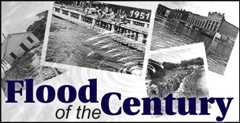COLLECTED BY
Organization:Alexa Crawls
Starting in 1996,Alexa Internet has been donating their crawl data to the Internet Archive. Flowing in every day, these data are added to theWayback Machine after an embargo period.
Collection:Alexa Crawl DX
Crawl DX from Alexa Internet. This data is currently not publicly accessible.
TIMESTAMPS






















